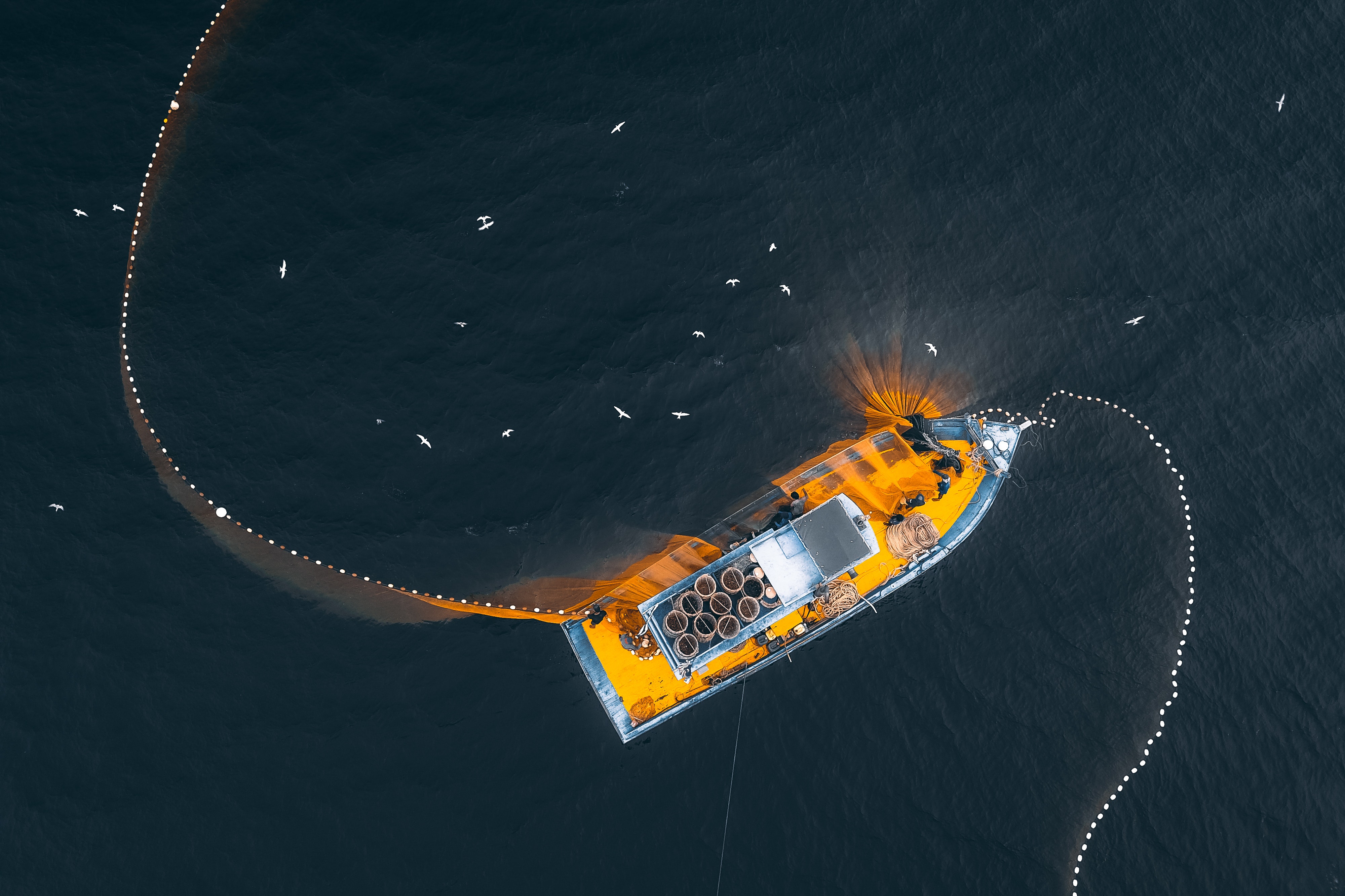
October 26th, 2022
WASHINGTON, D.C. – Africa concentrates 48.9% of identified industrial and semi-industrial vessels involved in illegal, unreported, and unregulated (IUU) fishing,
Continue Reading
October 11th, 2013
The Democratic Republic of the Congo is widely considered one of the world’s nations with the highest levels of natural resource wealth. In particular, the nation is richly endowed with many types of mining industries—including copper, cobalt, gold, diamonds, and tin—and timber. In fact, DRC accounts for 51% of the world’s extraction of cobalt and is the world’s fourth largest producer of diamonds.
Despite this wealth, and in part because of it, the country also has experienced conflict, economic instability, and systematic corruption since its independence in 1960. These dynamics have contributed to its status as the world’s poorest nation...
Continue Reading
September 13th, 2013
This blog post is the first post in a two-part series on the connection between extractive industries and corruption in developing countries.
Natural resources, particularly fuels and ores, are often associated paradoxically with stagnant economic growth. More intuitively, natural resource wealth is also often associated with poorer governance, most notably corruption. Understanding why this is the case, however, is not necessarily intuitive. To that end, I’ll explore the correlational relationship between natural resource wealth and corruption in this post and show a model for examining these issues. Next week, I’ll use these theories to talk about some specific hypotheses explaining...
Continue Reading
June 17th, 2013
After a year of negotiations with Member States and the European Commission, and strong involvement by Eurodad and our partners, the European Parliament this week voted in favour of new accounting rules for extractive and logging sectors. The Accounting Directive will require companies in these two sectors to disclose their payments to governments in every country where they operate.
Continue Reading
